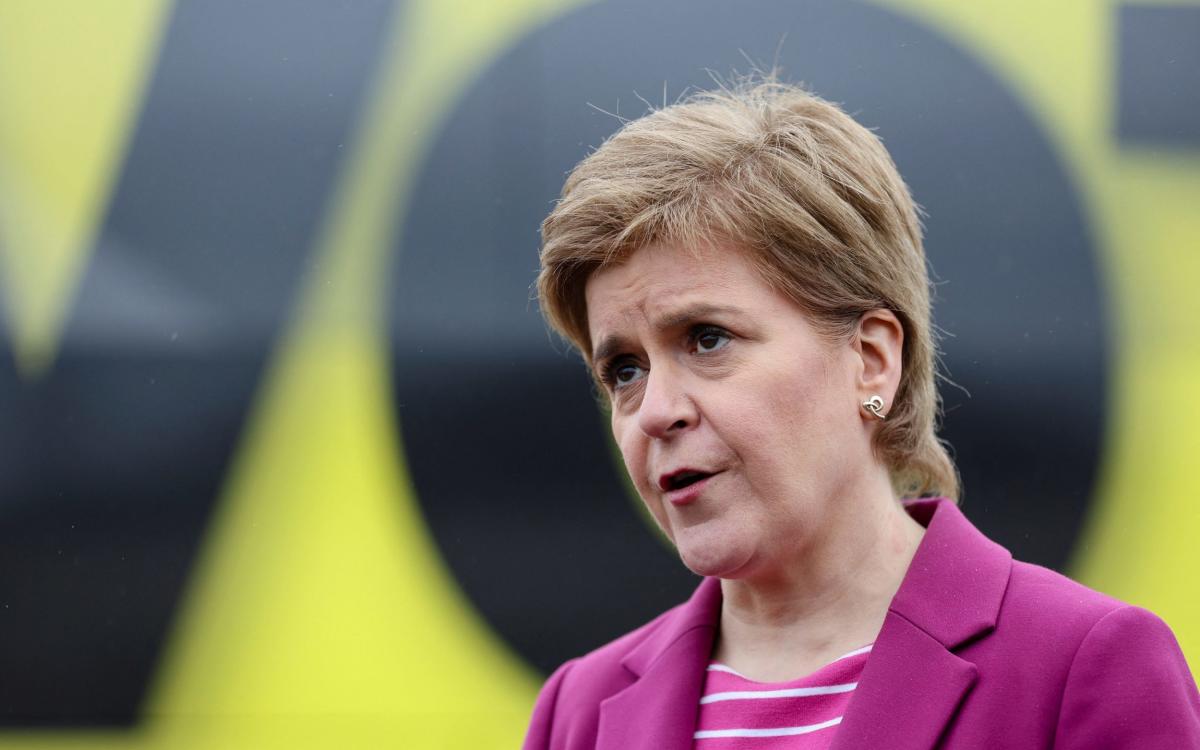Did you hear the new ideas Truss has come up with? Before there is any Independence vote Scotland will need to show that for more than a year 60% of the population want that vote.....followed by If 50% of the electorate of Scotland do not vote for Independence, there will be no Independence.Well that is the facts if you look at the votes in Scotland, Scotland don't want to be in the UK because of policies that are detrimental to Scotland and the Scottish people the EU policies are better with more rights than what we have now the UK government want to change the human rights Act, and they currently want to change the trade unions acts via Liz Truss who is the new prime minster, and she's as useful as a chocolate teapot

Truss should not 'gerrymander' any future independence referendum, Sturgeon says
Nicola Sturgeon has said any attempts by Liz Truss to "gerrymander" the rules of a future independence referendum would be a "sign of fundamental weakness" in the case for the Union.




